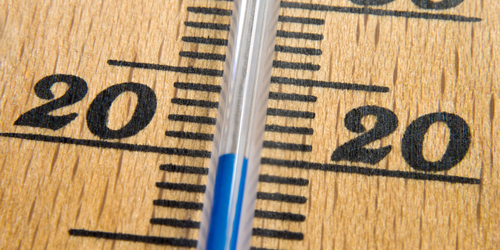Condensed-matter physicist Ranga Dias and his colleagues reported on Tuesday the discovery of a room-temperature, near-ambient-pressure superconductor; Dias is also being accused of committing scientific misconduct, including data manipulation and plagiarism.
If Ranga Dias of the University of Rochester, New York, and his team have observed room-temperature (294 K), near-ambient pressure superconductivity [1], their discovery could rank among the greatest scientific advances of the 21st century (see Research News: Muted Response to New Claim of a Room-Temperature Superconductor). Such a breakthrough would mark a significant step toward a future where room-temperature superconductors transform the power grid, computer processors, and diagnostic tools in medicine.
This report from the US highlights a couple of important research integrity points: 1. If you cheat and are found out as committing research misconduct, people will doubt you in the future, irrespective of how important your claimed findings may be – perhaps especially if they are important. 2. Misconduct can sour any important line of inquiry. These points may not change the mind of someone intending to cheat, but it is matter that should be discussed in your institutions collaborative research guidelines.
To understand those allegations, Physics Magazine independently examined Dias’ thesis and spoke with more than a dozen experts in high-temperature superconductivity, including Dias. Although opinions differ, an overwhelming majority agree that some form of misconduct has likely occurred. Dias denies the accusations. “I really do see all this as a scientific debate,” he says. “So even though these are meaningless, baseless claims, I really do think that these are adding to advancing the science.” He insists that the data for both of his room-temperature-superconductivity claims are robust and valid.



